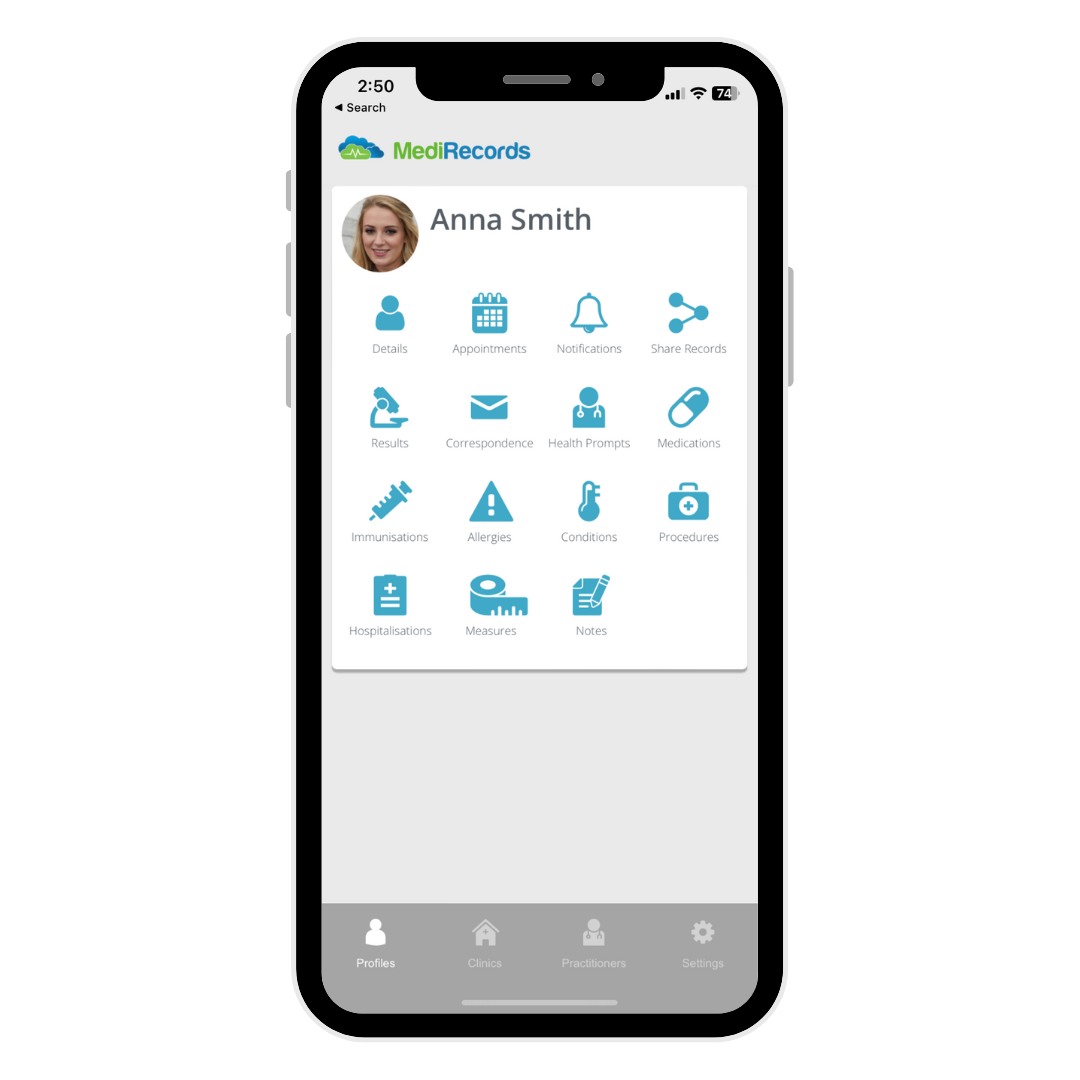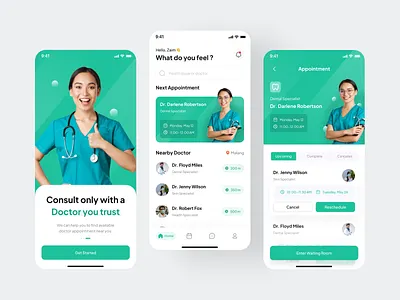Enhancing Patient Interaction Through a Mobile App for Clinics: Trick Methods
Enhancing Patient Interaction Through a Mobile App for Clinics: Trick Methods
Blog Article
The Future of Medical Care: Why Clinics Required a Mobile App Today
As the healthcare landscape proceeds to progress, clinics face installing stress to adapt to client assumptions for better convenience and availability. The assimilation of mobile applications can work as a vital method for boosting person engagement and streamlining operations. By leveraging modern technology to enhance interaction and provide necessary services, clinics not only attend to present needs however additionally position themselves for future success. Nonetheless, the implications of this change expand past simple functional performance; they might redefine patient partnerships and care distribution in extensive ways. What might this change appear like for both patients and clinics?
Altering Client Expectations
As the landscape of health care develops, client expectations are undertaking a significant change. Today's people are increasingly looking for benefit, access, and personalized care.
In addition, people are becoming much more notified and encouraged, typically looking into treatments and problems online before examinations. This heightened understanding is combined with a demand for transparency in medical care procedures, consisting of price estimates and therapy options. Therefore, companies are obliged to adapt by taking on digital tools that improve the patient experience.
The expectation for timely and effective interaction has never ever been greater, with several individuals taking into consideration responsiveness an essential component of high quality treatment. mobile app for clinics. In this advancing landscape, medical care organizations must acknowledge these transforming assumptions and take advantage of mobile applications to cultivate a more patient-centric technique, ensuring that they not just fulfill yet exceed the criteria established by today's informed customers
Enhancing Person Interaction

Mobile applications help with interaction in between people and healthcare service providers, allowing real-time appointment scheduling, tips for medicine adherence, and straight messaging attributes. These capabilities not only improve benefit however additionally construct a feeling of responsibility among patients. Additionally, mobile applications can provide educational web content customized to individual demands, assisting clients better understand their conditions and treatment alternatives.
The combination of gamification elements within medical care applications can additionally inspire people to engage in healthy habits, enhancing positive way of living changes. Inevitably, improving individual involvement through mobile applications leads to boosted health and wellness end results, greater patient contentment, and a much more collective healthcare experience.
Enhancing Facility Procedures
Streamlining facility procedures is vital for boosting workflow performance and maximizing client treatment. The implementation of mobile applications can considerably minimize management concerns, enabling medical care service providers to focus more on person communications. By automating consultation organizing, individual check-ins, and billing processes, centers can minimize wait times and enhance total operational performance.
Mobile applications also facilitate real-time accessibility to client records, making it possible for healthcare experts to make educated choices quickly. This immediacy not only improves the top quality of care yet additionally lowers the likelihood of errors connected with lost or outdated details. Furthermore, leveraging mobile modern technology sustains a much more orderly strategy to managing person follow-ups and therapy strategies, making certain that no important actions are neglected.
This allows for timely replenishment and aids stay clear of interruptions in person care due to stock scarcities. By incorporating these performances right into their everyday procedures, facilities can develop a more reliable and cohesive setting, inevitably leading to enhanced client results and complete satisfaction.
Improving Communication Networks
Reliable communication is frequently cited as a keystone of top quality medical care delivery. In today's busy clinical setting, mobile applications can considerably improve communication networks between facilities, people, and healthcare carriers. By integrating mobile apps right into their operations, clinics can facilitate real-time interactions, guaranteeing that people obtain timely information this website concerning their appointments, test results, and treatment plans.
Mobile apps additionally encourage individuals to communicate straight with their health care groups with safe messaging features. This direct line of interaction promotes a sense of involvement and permits prompt explanation of worries, which can lead to better adherence to therapy methods. Press notifications can remind clients of upcoming appointments or medication routines, minimizing no-show rates and enhancing overall wellness end results.

Staying Affordable in Healthcare
In a swiftly progressing healthcare landscape, companies must focus on advancement and versatility to keep a competitive edge. The assimilation of mobile applications right into healthcare solutions is no longer optional; it is crucial for clinics aiming to boost patient interaction, improve operations, and enhance general solution delivery.
As people progressively rely upon electronic systems for health monitoring, facilities that fall short to adopt mobile innovation danger falling behind. A properly designed mobile app can resource use functions such as consultation scheduling, telemedicine examinations, and accessibility to clinical records, supplying individuals with ease and promoting loyalty.

Competitors are also purchasing mobile solutions, so staying ahead requires constant renovation and remaining informed regarding technological advancements. Facilities have to not just apply mobile applications but additionally take part in routine updates and refinements. Ultimately, the effective combination of mobile modern technology will certainly distinguish forward-thinking health care organizations and established the standard for patient-centric treatment in a digital world.
Conclusion
In final thought, the integration of mobile applications in centers is imperative to deal with the progressing landscape of client assumptions. By enhancing individual involvement, streamlining procedures, and enhancing interaction networks, clinics can significantly increase wellness outcomes. Furthermore, the fostering of mobile technology placements centers to stay affordable in a significantly electronic medical care setting. Inevitably, the strategic execution of mobile applications stands for an important action toward supplying available and tailored healthcare, consequently meeting the needs of today's equipped clients.
Inevitably, read the full info here boosting patient engagement with mobile applications leads to boosted health and wellness results, higher individual contentment, and a much more collective health care experience.Mobile applications also facilitate real-time accessibility to person records, allowing health care specialists to make informed decisions rapidly. In today's busy clinical setting, mobile applications can dramatically enhance communication networks in between centers, patients, and medical care service providers.Mobile apps likewise equip people to interact straight with their healthcare groups with secure messaging features. Ultimately, the critical application of mobile apps stands for an important step towards delivering available and customized healthcare, therefore meeting the demands of today's equipped individuals.
Report this page